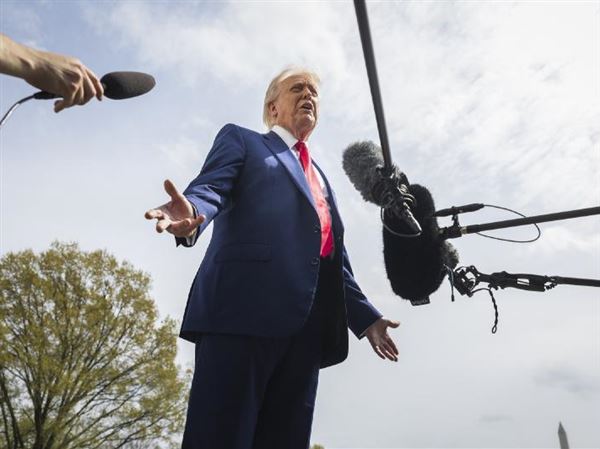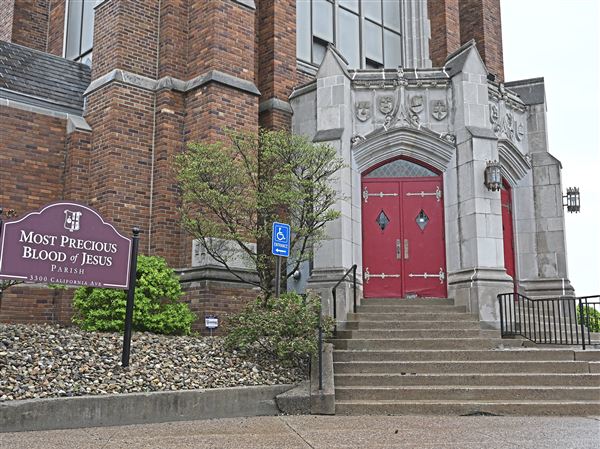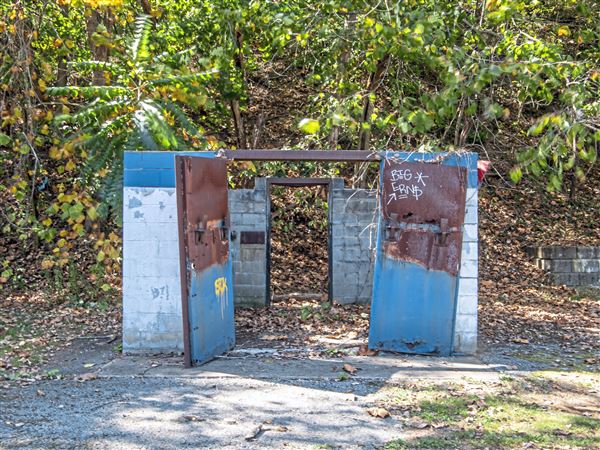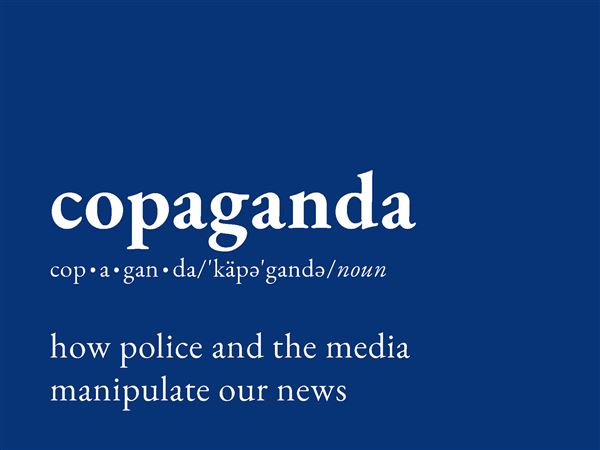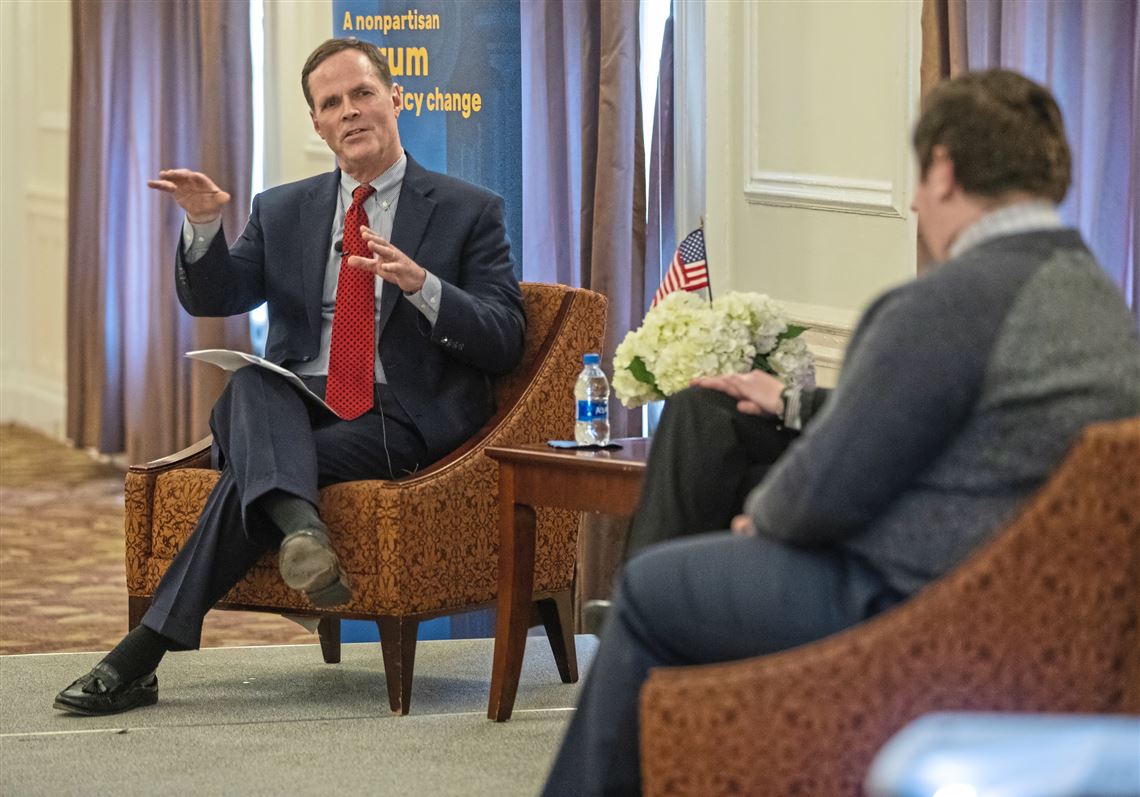As the decennial U.S. Census kicks off, advocates for redistricting reform in Pennsylvania are warning state lawmakers that time is running out to act on legislation that would hand over the power of redrawing electoral maps to an independent commission.
The urgency was palpable at a lecture this past week at the University of Pittsburgh by David Thornburgh, the president and CEO of the nonpartisan government reform group Committee of Seventy, who said reform is too important to hold off for another decade until the next census.
“Being a Pittsburgher by birth — and inherently optimistic but pragmatic — I give change a 50/50 shot at this point,” Mr. Thornburgh said. “I think it’s within our grasp.”
Advocates are putting their hopes into a pair of bipartisan bills that would create an independent citizens commission to draw federal congressional districts — a task currently given to the legislature — and amend the state constitution to give that commission the authority over state legislative lines as well.
But passing the bills in a manner that will allow enough time to set up the commission — and enough time to fulfill the requirements of amending the constitution — will require swift action this summer, activists and lawmakers say.
House Bill 23, which would create the 11-person independent commission and a system of public input during the redistricting process, could pass by the end of the current session Nov. 30 for the commission to be “up and running” for next year’s congressional redistricting, said State Rep. Steve Samuelson, D-Bethlehem, a co-sponsor of the legislation.
To give that commission the authority to redraw state legislative lines, House Bill 22 — the companion bill — would need to pass during two consecutive sessions and then be approved by voters at the ballot box.
Mr. Samuelson said that would require passing House Bill 22 this session by June 30 — since there’s a mandatory 90-day pre-general election advertising period for proposed constitutional amendments and the legislature isn’t in session in July and August.
Then, it’d have to pass again through the next legislature in the first six weeks of 2021, Mr. Samuelson said, to be posted on the ballot in the May primary.
“It is a tight time frame. We have to get it done this year,” Mr. Samuelson said. “If we don’t, we would be stuck with the existing process for redistricting, and we’ll have gerrymandering for the next 10 years.”
Both bills were referred to the State Government Committee in April 2019, and it was in that committee that a hearing on redistricting was held in September. The chairman, Republican Garth Everett, told the committee there would be more hearings, Mr. Samuelson said.
Mr. Samuelson said he recently wrote to Mr. Everett about getting a hearing scheduled.
“If [the bills] came to the House floor, they’d pass overwhelmingly,” Mr. Samuelson said.
For advocates, the tight timeline means keeping the pressure on lawmakers. Mr. Thornburgh said there are “swirling political cross currents” at play, in which members are tasked with balancing the thoughts of their constituents and what an independent commission would mean for their own party and careers.
In his lecture, Mr. Thornburgh noted that people and groups across the commonwealth — including Fair Districts PA, which has led advocacy for the two bills — have mobilized to call on more transparency, accountability and trust in the redistricting process.
“This time, things are different,” he said. “People care.”
“For that reason alone, I think legislators are listening,” he added.
Julian Routh: jrouth@post-gazette.com, 412-263-1952, Twitter @julianrouth.
First Published: February 2, 2020, 4:31 a.m.
